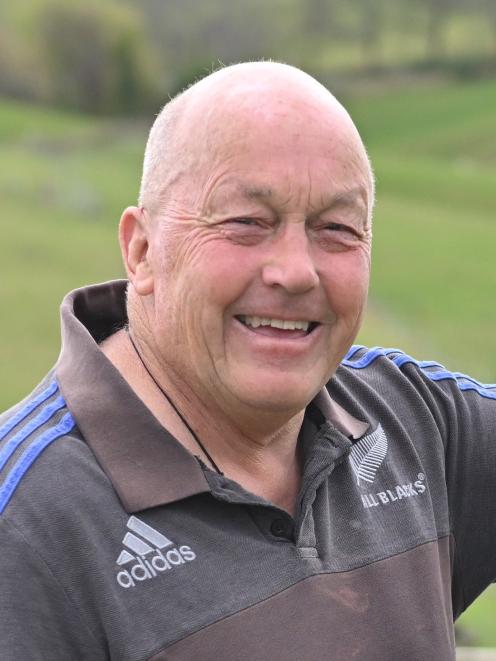

One sees merit in councils joining forces to deliver water more cost-effectively and the other thinks claimed efficiency gains might be "mythical".
The future of Three Waters has become high stakes for councils because of infrastructure deficits, regulatory change, rising costs and growing debt.
Councils are weighing up whether to run water operations in-house, share some services, form water companies or club together to create larger water companies.
Clutha District Mayor Bryan Cadogan has argued it is crucial to take advantage of economies of scale and the previous government had the right idea about creating large entities before it pursued a regional approach and then the new government favoured a more local model.
"We’re being challenged on rate rises while at the same time being denied the only solution to Three Waters that was going to protect the ratepayers of New Zealand through efficiency," he said this week.
Dunedin city councillor Lee Vandervis asked whether Mr Cadogan wanted "Dunedin to pay for Balclutha’s Three Waters long-deferred maintenance, claiming some mythical efficiency".
Mr Cadogan said it was "time to do some research, Lee, and the resilience and efficiency we all receive from collaboration should be apparent".
The Clutha mayor suggested Cr Vandervis read the latest report by consultancy Morrison Low about the challenges the lower South Island faced about Three Waters.
It was "patently obvious" Clutha’s council was one of only two in the region that could stand alone, long-term, Mr Cadogan said.
Cr Vandervis said he had read all the Morrison Low reports for Otago and Southland water for many years.
"The first one I remember dealing with a regional model for Otago and Southland highlighted that Dunedin would see the least benefit in a regional model because it already has scale and better infrastructure than the smaller councils in the area," Cr Vandervis said.
Unlike electrical grid systems, Three Waters systems were not interconnected, so increased resilience was not available from merged operations, he said.
"Your assumption that efficiency and resilience will improve for Dunedin as well as everyone else under a collaborative regional model — given the costs of organising a collaborative model and the cumbersome decision-making ... — is questionable.
"I appreciate the Three Waters difficulties Balclutha faces, and have sympathy for the bind that my home town finds itself in, but please do not push incorrect assumptions about future centralisation or what I have read or not read."
Mr Cadogan referred to graphics about capital expenditure and projected household water bills in the recent Morrison Low report that "indicate opposite trends to your entrenchment".
"This government is strongly indicating that collaboration is highly recommended, and that is the path some of us are still pursuing," he said.
In its October report, Morrison Low said there was a compelling case for change in Otago and Southland.
"Three Waters charges are expected to at least double by 2034 for all councils other than Invercargill.
"By 2036, up to 84% of residential water consumers are likely to have lower bills in an Otago-Southland water services entity than they would under the existing service delivery model."











